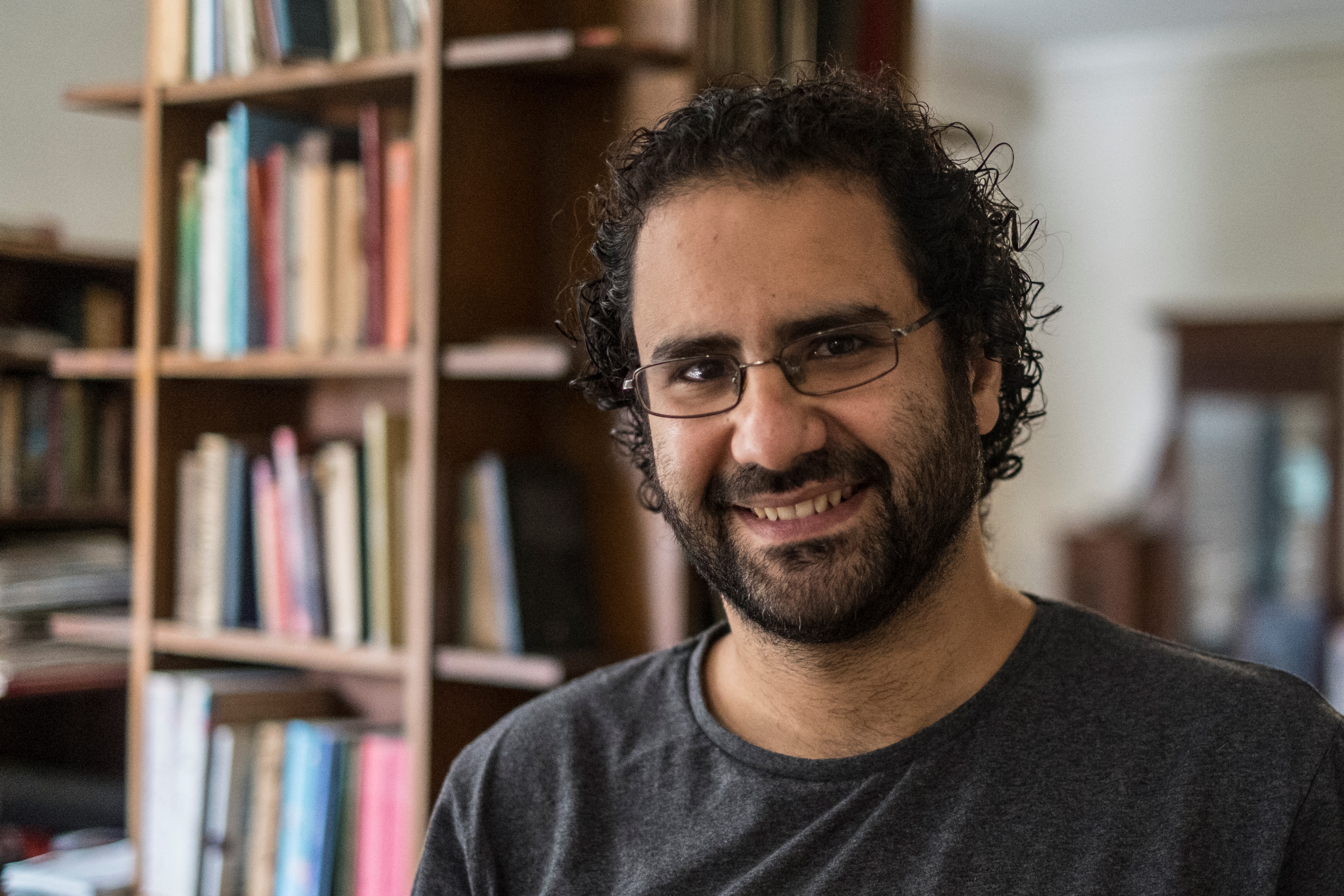Alaa Abd el-Fattah: Family Decries Jailed British-Egyptian Activist's Prison Conditions
The family and supporters of Alaa Abd el-Fattah, a jailed British-Egyptian activist, are raising concerns about his deteriorating prison conditions. His mother, Laila Soueif, is on hunger strike in London, pressing for his release. Supporters believe his continued detention is driven by Egyptian President Abdel Fatah al-Sisi's personal animosity towards him, stemming from Abd el-Fattah's prominent role in the 2011 Tahrir Square protests.
Imprisonment and Conditions
Despite completing his five-year sentence, Abd el-Fattah remains imprisoned. While physical conditions in Wadi al-Natrun prison are less severe than in Tora, his treatment is designed to isolate and demoralize him. Mona Seif, his sister, reports that he was deprived of books and limited contact with other prisoners.
Psychological Impact
Activist Ahmed Douma, who was imprisoned alongside Abd el-Fattah, emphasizes the long-lasting psychological impact of imprisonment, including isolation and witnessing violence. Psychiatrist Aida Seif El-Dawla describes detention in Egypt as psychological torture for expressing an opinion.
International Intervention and Current Situation
Efforts by British governments and EU officials to intervene have been unsuccessful. Mahmoud Shalaby from Amnesty International highlights that Abd el-Fattah's case is being used as an example, punishing him for exercising his human rights. His lawyer, Khaled Ali, points out that Abd el-Fattah should have been released already. Despite some improvements in prison conditions, such as access to books and television, his isolation and lack of exposure to sunlight continue to affect him negatively. The family perceives the situation as an act of vengeance, demanding an end to his unjust imprisonment.

